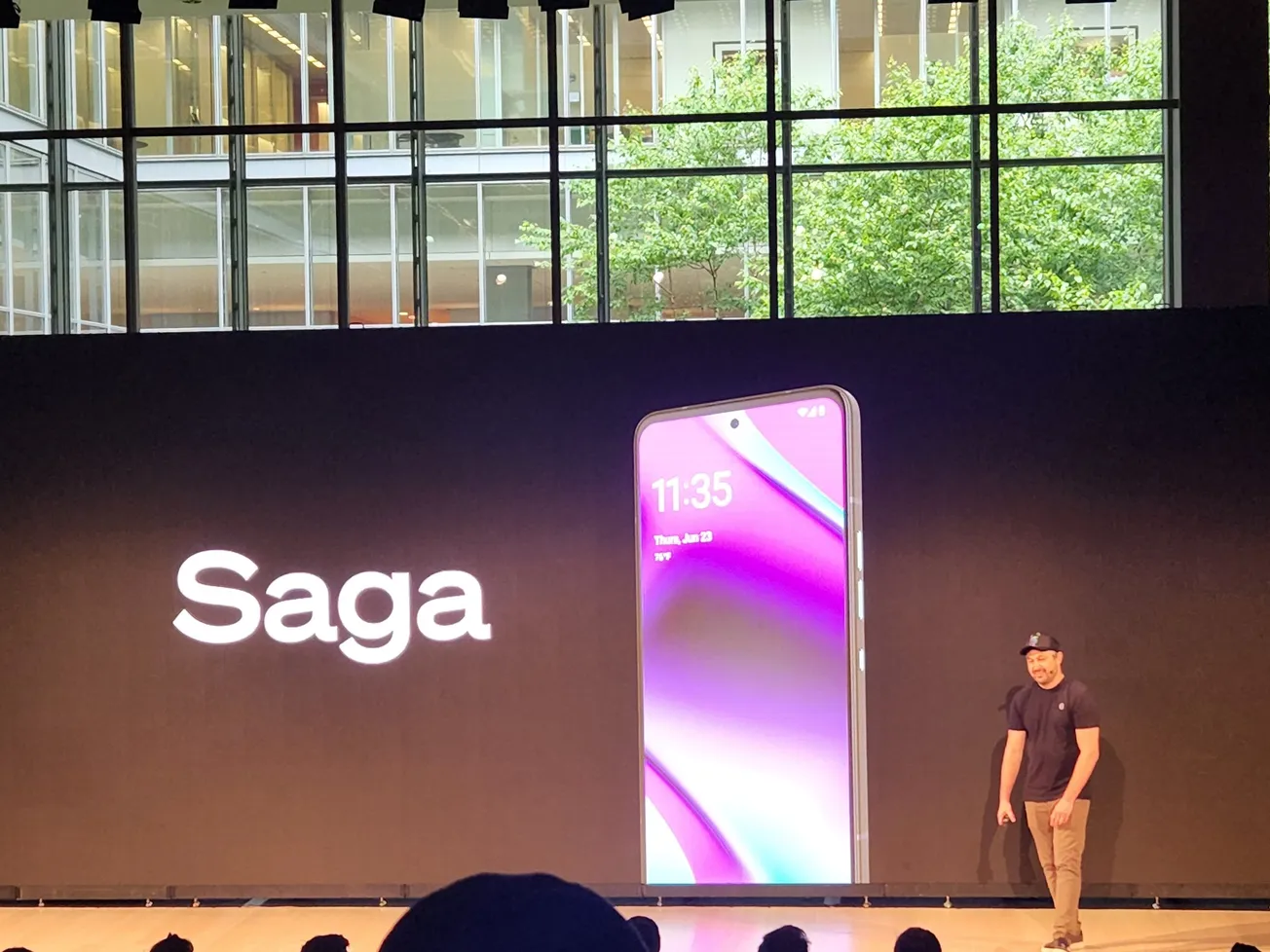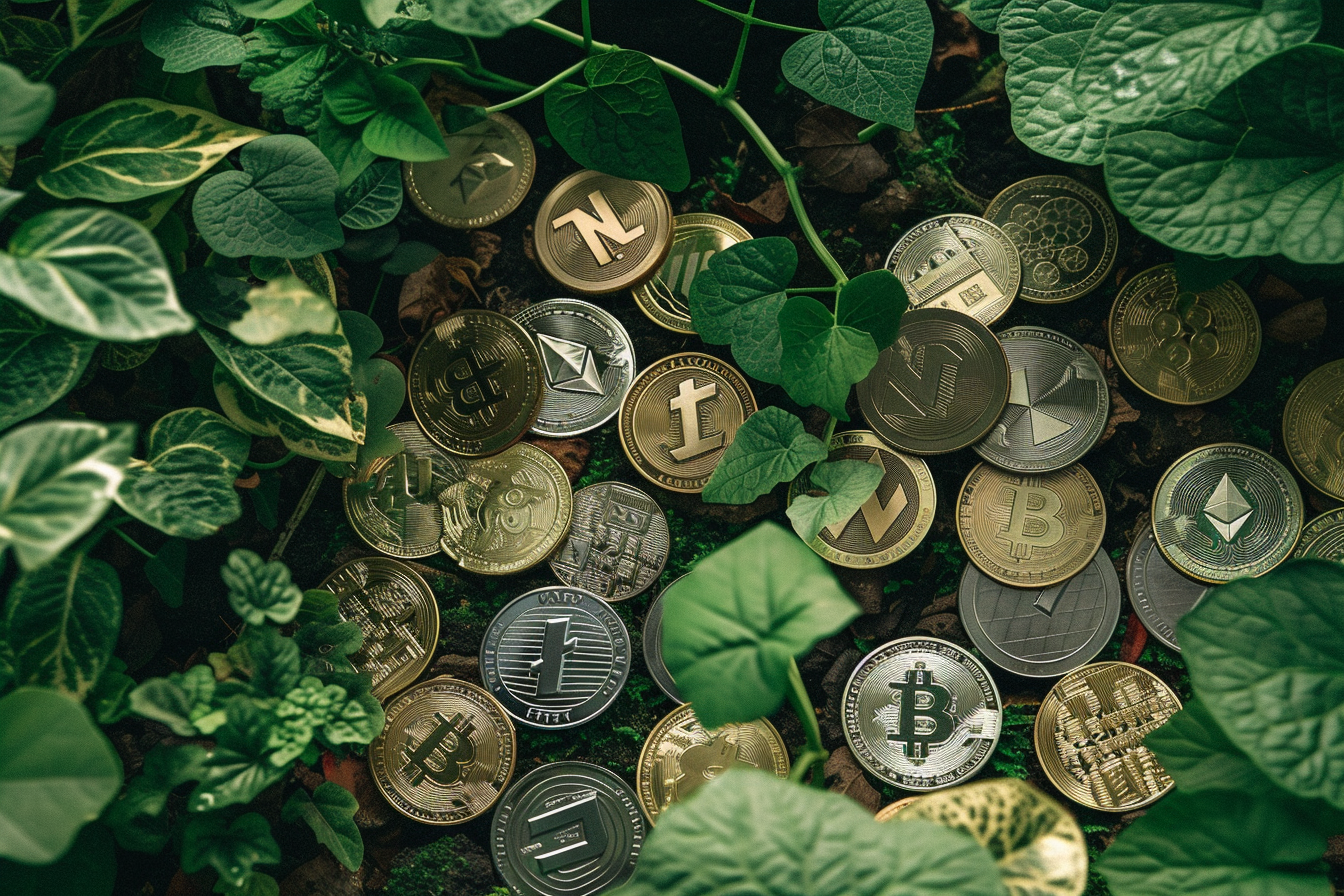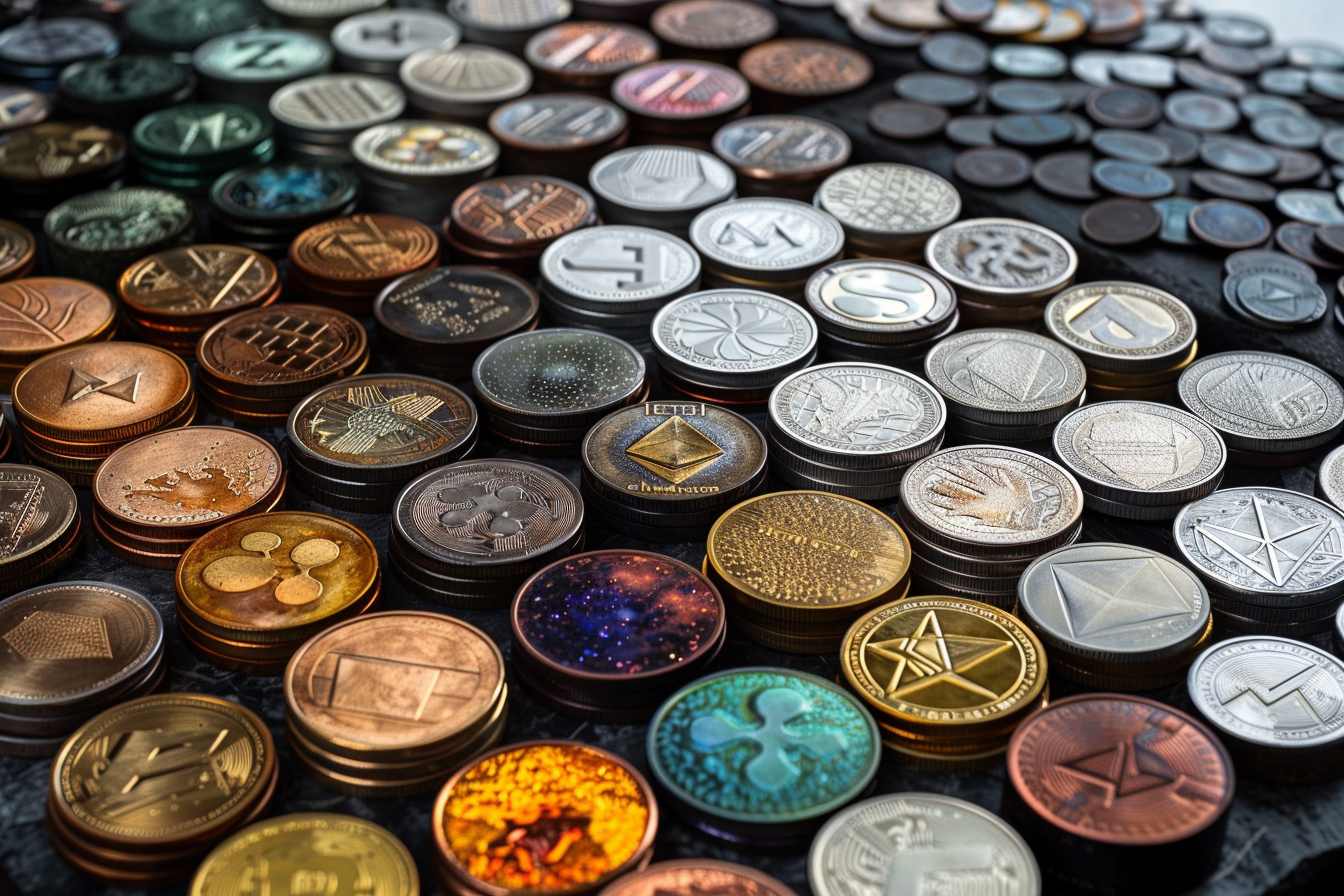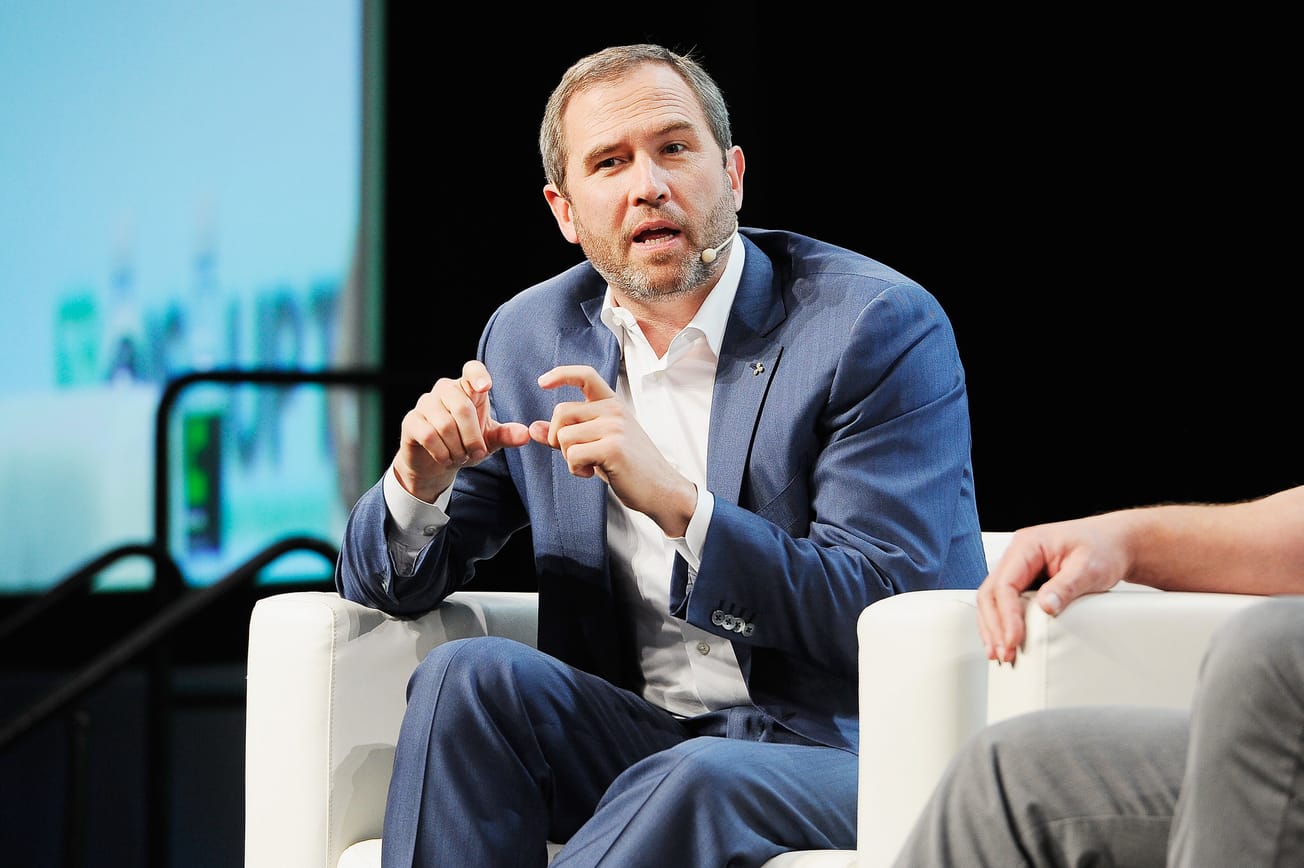Table of Contents
Solana Labs has just announced its very own smartphone based on Web3 technology, but this endeavor has failed to win the hearts of the crypto faithful.
Named “Saga”, the Android handset specialises in crypto wallet functions and features Solana Mobile Stack (SMS) – a software development kit for Web3 programs. The Solana Foundation has pledged US$10 million towards developing mobile apps on SMS.
Priced at US$1,000, the phone will be available for delivery in early 2023 and will come with a Web3 dapp store, integrated Solana Pay system and mobile wallet adapter.
A seed vault to store private keys within the phone is also a key function of the device.
Solana Labs CEO Anatoly Yakovenko said at the unveiling event in New York on Thursday that “there will be no extractive fees” unlike Google Store and Apple’s App Store, which take large cuts from sales.
“We live our lives on our mobile devices – except for Web3 because there hasn’t been a mobile-centric approach to private key management. The Solana Mobile Stack shows a new path forward on Solana that is open source, secure, optimized for Web3 and easy to use.”
BREAKING: Solana is launching a web3 mobile phone. pic.twitter.com/3YbrRs2QzM
— Altcoin Daily (@AltcoinDailyio) June 23, 2022
Sam Bankman-Fried, CEO of crypto exchange FTX, also said at the event that “everything is going mobile. In most countries, most of the access happens through mobile phones.”
“But crypto mobile is behind the times. The best solution for this is having the actual wallet built into your phone.”
Community reaction
Reaction to Solana’s announcement has been mixed. “Real talk feels like the wrong move to me. better resourced tech giants struggled to fight in this industry. they should stick to their domain and produce more android apps for now. reminds me of valves failed attempts at using their niche as a bridge to win unfamiliar markets” wrote one sceptical Twitter user.
“Wonder if the phone will shut down as much as Solana does— We now have the first official Shit Phone,” wrote another non-fan.
“If it’s like their blockchain, how often will they have to turn off service for a bit?” Questioned another.
“So what happens when this shit coin is deemed a security?” Another voiced.
real talk feels like the wrong move to me. better resourced tech giants struggled to fight in this industry.
— mewny (@mewn21) June 23, 2022
they should stick to their domain and produce more android apps for now. reminds me of valves failed attempts at using their niche as a bridge to win unfamiliar markets
I’ve been waiting for the right time to use this emoji. 💩
— bitbybit (@wholecoinclub) June 23, 2022
So what happens when this shit coin is deemed a security?
— Barbells and Bitcoin (@BeantownHodl) June 23, 2022
Others were slightly more optimistic. “Most exciting thing about the solana phone isn’t that it becomes the most popular phone in the world, clearly it won’t it’s that it can explore the challenges that apple isn’t interested in exploring yet, and have the playbook ready for when it inevitably will [sic],” one fan wrote.
“Point of the solana phone is to faciliate the building of dapps for phones. the phone itself will not replace others imo but the dapps will be built on solana instead of other chains which is a huuuge first mover advantage,” another tweeted.
point of the solana phone is to faciliate the building of daps for phones. the phone itself will not replace others imo but the daps will be built on solana instead of other chains which is a huuuge first mover advantage.
— scalboi.sol (@scalboii) June 23, 2022
most exciting thing about the solana phone isn’t that it becomes the most popular phone in the world, clearly it won’t
— udiverse (🫡, 🫡) (@udiWertheimer) June 23, 2022
it’s that it can explore the challenges that apple isn’t interested in exploring yet, and have the playbook ready for when it inevitably will
bullish
Our concerns
As groundbreaking as Solana’s phone may sound, the SMS device is not the first Web3 phone to be conceived. In 2018, Sirin Labs failed to gain traction for its blockchain-based phone and ultimately was forced to abandon the project due to a lack of interest.
Granted, Solana’s funds to propel the project vastly exceed that of Sirin Labs, but the issue of having a device that relies solely on one blockchain is flawed from the outset.
Just as Twitter users were quick to point out, Solana’s blockchain is far from perfect. In fact, no blockchain is without its weaknesses. Whether we like it or not, smartphones are integral to our daily lives; the device needs to be more reliable than blockchains in their current state.
It’s not cheap either. At US$1,000, Solana’s phone is competing with smartphone industry leaders Apple and Samsung, but yet does not have hardware backing that matches either giants. The idea of a dapp store compared the the App Store is appealing but whether the device it’s running on is reliable is yet to be answered.









